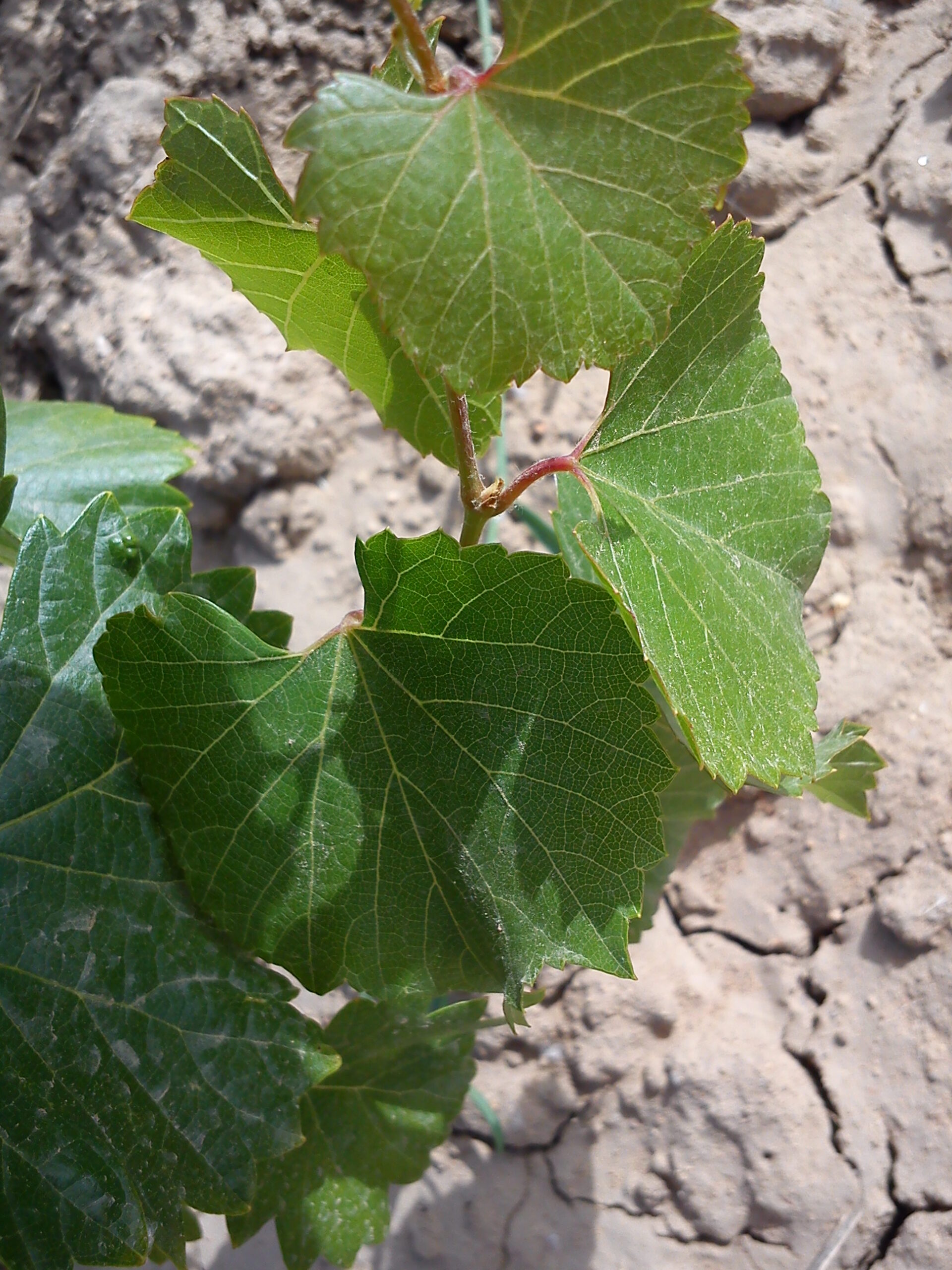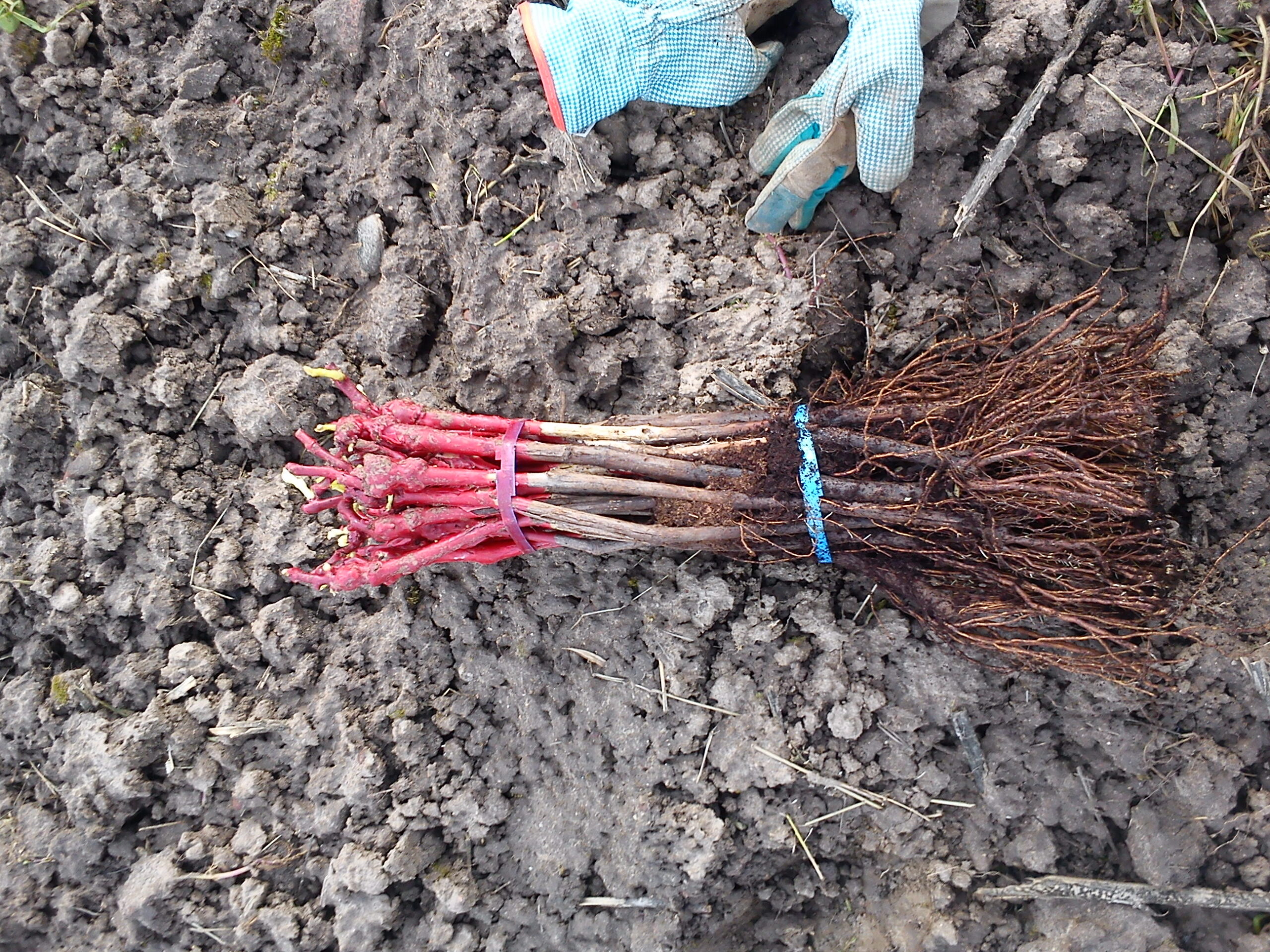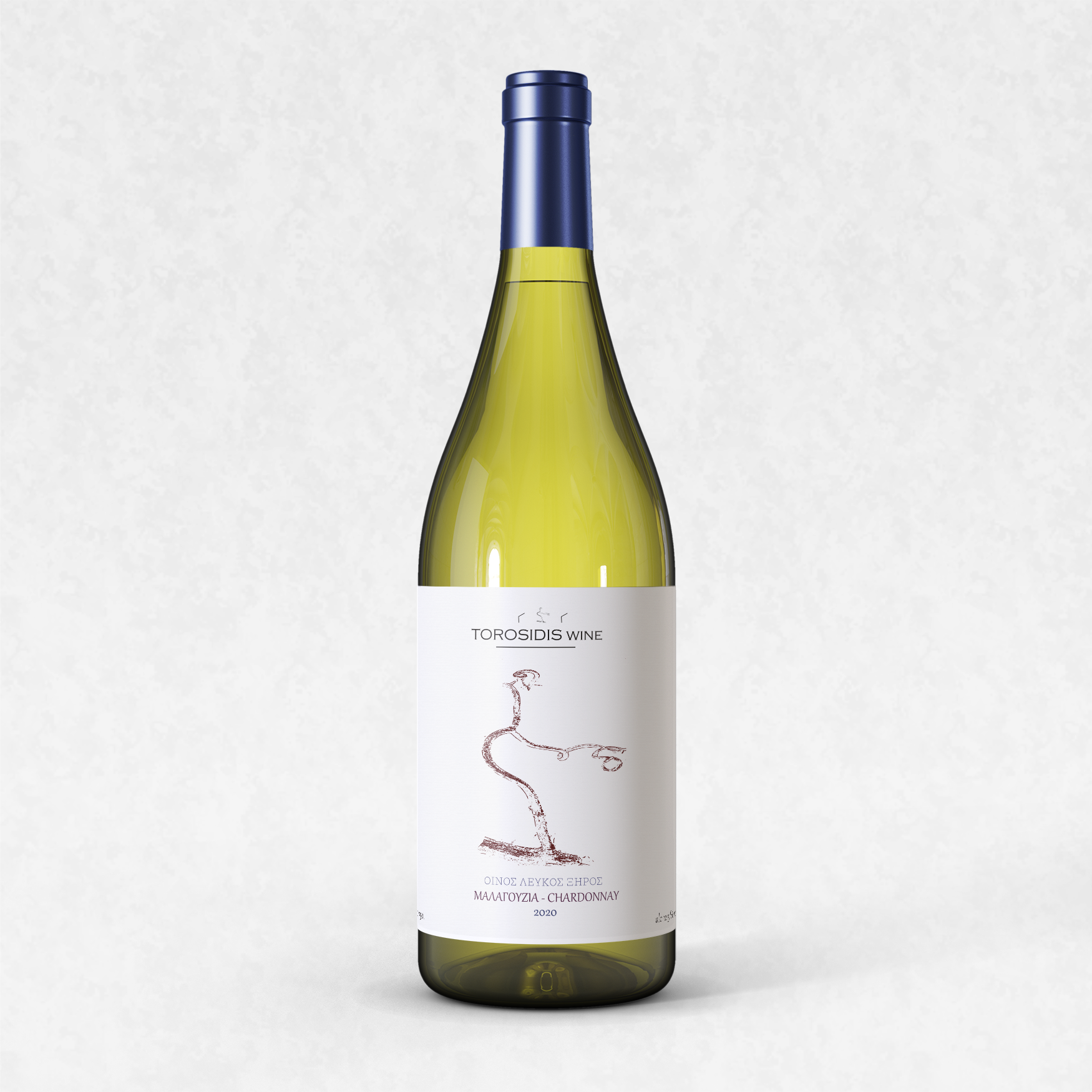
Considerations about applying nitrogen fertilizers to our vineyard
Written by torosidiswine
When applying nitrogen to a vineyard to correct a deficiency or maintain its level in the vine at adequate levels, it is important to remember that the uncontrolled use of nitrogen has a decisive influence on grape composition and production. When the nitrogen content in plants is high, the composition of the grape is mainly affected by the consequences of increased vegetative growth (e.g. microclimate of the vegetative wall).
High nitrogen can disrupt the balance of the plant, and lead to a limited supply of hydrocarbons if the plant is led to excessive load or increased vegetative growth. The application of increased amounts of nitrogen affects both vegetative growth and production. Experimental data have repeatedly shown that vegetative growth prevails at the expense of production (Kliewer 1971, Kliewer and Cook 1971, Kliewer 1980, Wolf at al. 1983, Ahmedullah et al. 1987, Wolf and Pool 1988, Tan and Crabtree 1990).
The decrease in production resulting from the application of high amounts of nitrogen to the vineyard is explained to a significant extent by changes in the microclimate of the vegetative wall as a result of shading in the renewal zone (Kliewer 1980).
If the size of the source (e.g. the foil for hydrocarbon synthesis) does not increase in proportion to the size of the receivers (e.g. production, and hoarding tissues), competition for hydrocarbons between competing receivers can occur, resulting in lower concentrations of quality components on the rail (Kliewer and Ough 1970).
Kliewer (1977a) found that the addition of high amounts of nitrogen resulted in reduced rail coloration and reduced concentrations of total soluble solids.
The increased density of vegetation leads to low light penetration and low temperatures in the fruiting zone, which can be beneficial or destructive depending on the prevailing climatic conditions.
In addition, changes in the microclimate of plants as a result of limited light penetration and temperature change, primarily, can affect the rate of photosynthesis and thereby the amount of photosynthesis products formed (Kriedemann 1968).
Given the characteristics of any support system, increasing vigorousness implies increased density resulting in differentiation of the microclimate of the vegetative wall (Smart et al. 1985, Wolf and Pool 1988, Bell and Robson 1999).
Increased density results in a decrease in the ratio between unshaded and shaded leaves (Bell 1994). This has the potential to limit the production of photosynthesis products because an increasing number of sheets do not photosynthesize to the maximum possible due to leaf shading (Mullins et al. 1992).
The change in the microclimate of the vegetative wall involves the differentiation of a number of environmental factors within the vegetative wall, such as solar radiation, temperature, wind speed and evaporation (Smart 1985). Light and temperature exert a strong influence on rail metabolism (Iland 1989a,b).
The increased density of vegetation leads to low light penetration and low temperatures in the fruiting zone, which can be beneficial or destructive depending on the prevailing climatic conditions.
Πηγή : Bell S-J and P.A. Henschke , 2005. Implications of nitrogen nutrition for grapes , fermentation and wine. Australian Journal of Grape and Wine Research 11 , 242-295.

Experimental data have repeatedly shown that vegetative growth prevails at the expense of production.

Our Wines
Shop

Related Articles
Related
Κριτήρια προτεραιότητας για τη χορήγηση αδειών φύτευσης αμπελιού
Προκειμένου να χορηγηθούν οι άδειες νέας φύτευσης εφαρμόζονται κριτήρια προτεραιότητας όπως αυτά έχουν επιλεγεί για την κάθε περιφέρεια κάθε αγροτεμάχιο λαμβάνει βαθμολογία στο κάθε κριτήριο με βάση τον συντελεστή βαρύτητας W και τον συντελεστή συμμόρφωσης Pt. Η...
Αιτήσεις για άδειες φύτευσης αμπελιού για το 2024
Οι ενδιαφερόμενοι για την απόκτηση αδειών νέας φύτευσης οινοποιήσιμων ποικιλιών αμπέλου, υποβάλουν ηλεκτρονικά, μέσω της Ψηφιακής Υπηρεσίας Υποβολής Αιτήσεων Αδειών Νέων Φυτεύσεων της ιστοσελίδας του ΥΠ.Α.Α.Τ, αίτηση- υπεύθυνη δήλωση από την 1 Σεπτεμβρίου μέχρι και...
Until 20 November 2023, applications for the restructuring and conversion of vineyards of the 2023-2024 wine year.
The period of application of the intervention for restructuring and conversion of wine-growing areas in our country concerns the wine year 2023-2024.The intervention shall cover one or more of the following actions: (a) varietal conversion of vineyards, including...
